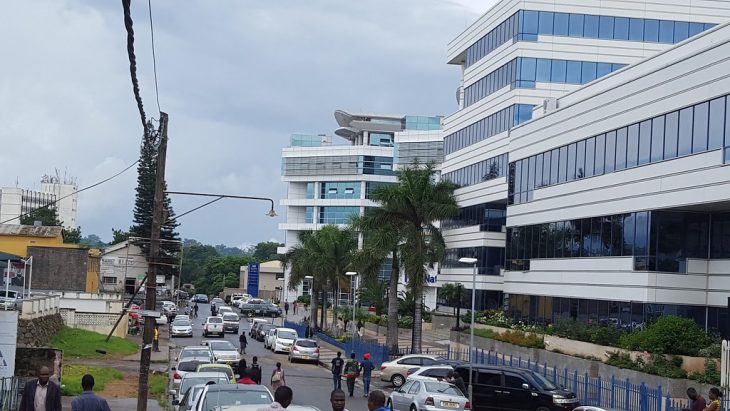
Elevating Malawi’s Economic Growth: AfDB Shares Key Insights with Treasury
Key Business Points
- The African Development Bank (AfDB) advises the government to moderate its expansionary fiscal policy to support the Reserve Bank of Malawi’s tight monetary policy efforts, aiming to stabilize inflation and improve private sector access to credit.
- Greater coordination between fiscal and monetary policy is crucial for creating conditions to lower the policy rate, currently at 26 percent, and enhance economic growth.
- The government’s initiatives to boost agricultural productivity through mega farms and mechanization are commendable, but require sustained macroeconomic stability and streamlined regulatory processes to achieve success.
The African Development Bank (AfDB) has emphasized the need for the government to adjust its fiscal policy to support the Reserve Bank of Malawi’s efforts to control inflation. In its country analysis for Malawi, the AfDB noted that a more coordinated approach between fiscal and monetary policy is essential for stabilizing inflation and creating an environment conducive to lowering the policy rate. This, in turn, would improve access to credit for the private sector, fostering economic growth and development.
The Reserve Bank of Malawi has maintained a tight monetary policy stance, with an unchanged policy rate of 26 percent for 11 consecutive months. According to the Malawi Confederation of Chambers of Commerce and Industry, this signals the bank’s efforts to contain the inflation rate, which currently stands at 271.1 percent. The AfDB analysis acknowledges the government’s initiatives to boost agricultural productivity through mega farms and mechanization as commendable. However, achieving this goal will require sustained macroeconomic stability and streamlined regulatory processes.
As Malawian entrepreneurs and business owners, it is essential to understand the importance of macroeconomic stability in creating a favorable business environment. The government’s efforts to katengera nthaka (boost agricultural productivity) can have a positive impact on the economy, but it is crucial to ensure that these initiatives are supported by stable economic conditions. The AfDB‘s recommendation for greater coordination between fiscal and monetary policy highlights the need for a well-coordinated economic strategy to achieve lasting economic growth and development in Malawi.
In the context of Malawi’s economic growth, the AfDB‘s analysis provides valuable insights for business owners and entrepreneurs. By understanding the importance of macroeconomic stability and coordinated economic policy, businesses can make informed decisions and navigate the economic landscape more effectively. As the government continues to implement initiatives to boost agricultural productivity, it is essential for businesses to be aware of the potential opportunities and challenges that arise from these efforts. By staying informed and adapting to the changing economic environment, Malawian businesses can thrive and contribute to the country’s economic growth and development.
What are your thoughts on this business development? Share your insights and remember to follow us on Facebook and Twitter for the latest Malawi business news and opportunities. Visit us daily for comprehensive coverage of Malawi’s business landscape.
- Malawi’s K1.2tn Gold Smuggling Scourge: A Threat to Business Growth and Economic Stability - February 1, 2026
- Revitalizing Malawi’s Economy: Lower Food Prices Signal New Growth Opportunities - January 31, 2026
- Revitalizing Malawi’s Economy: Tackling Climate Related Underfunding for Sustainable Growth - January 30, 2026
